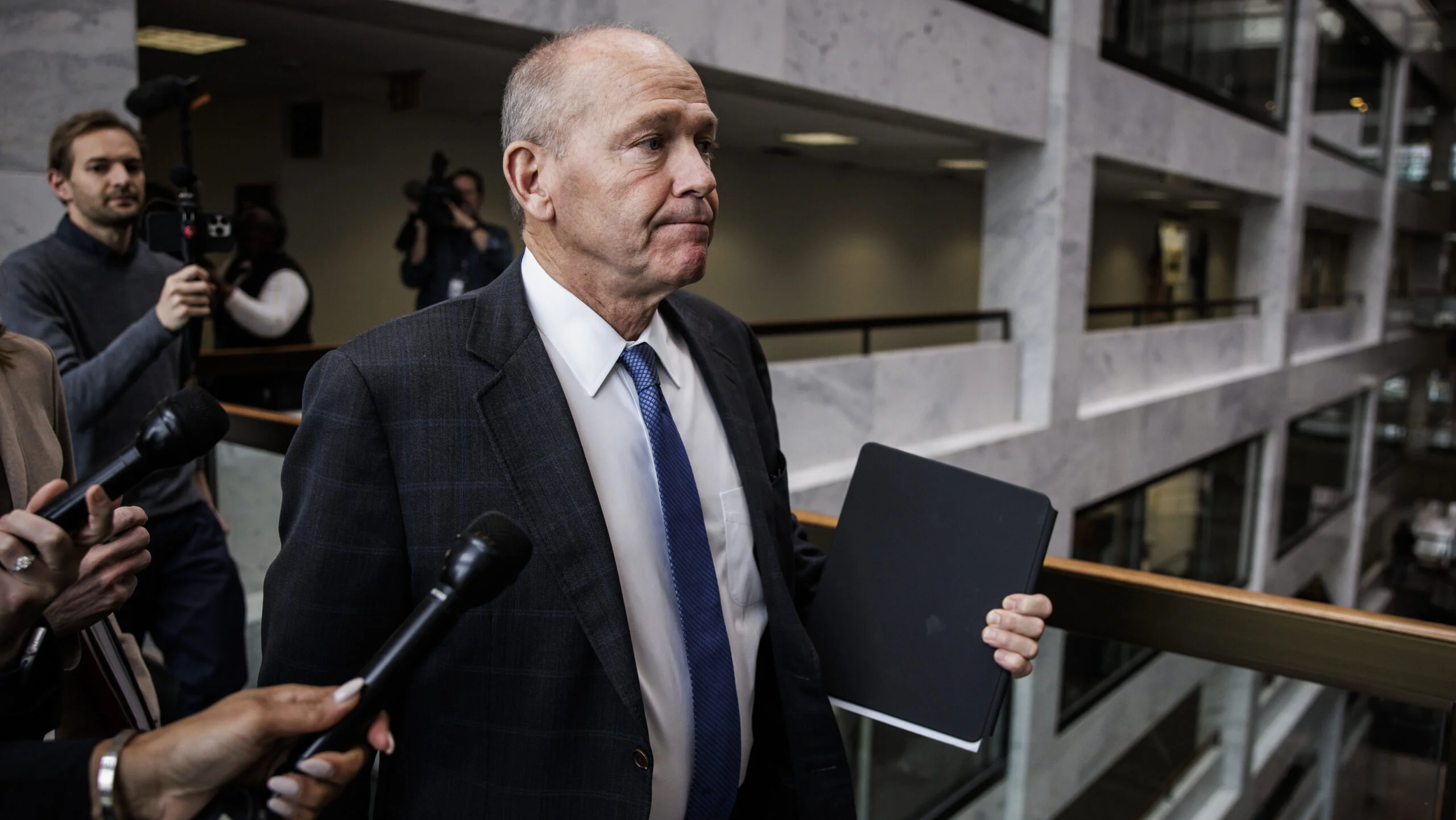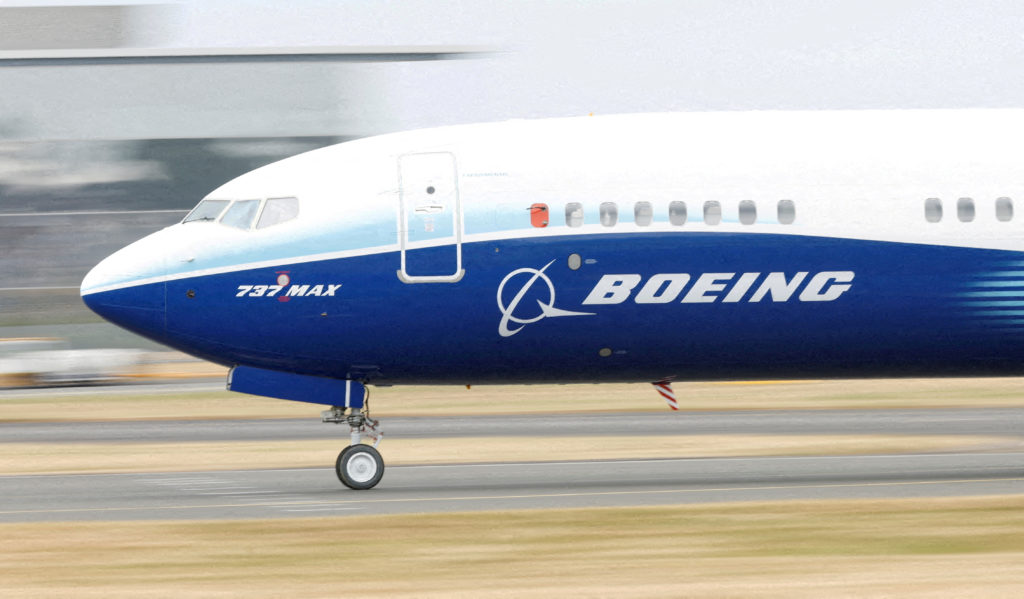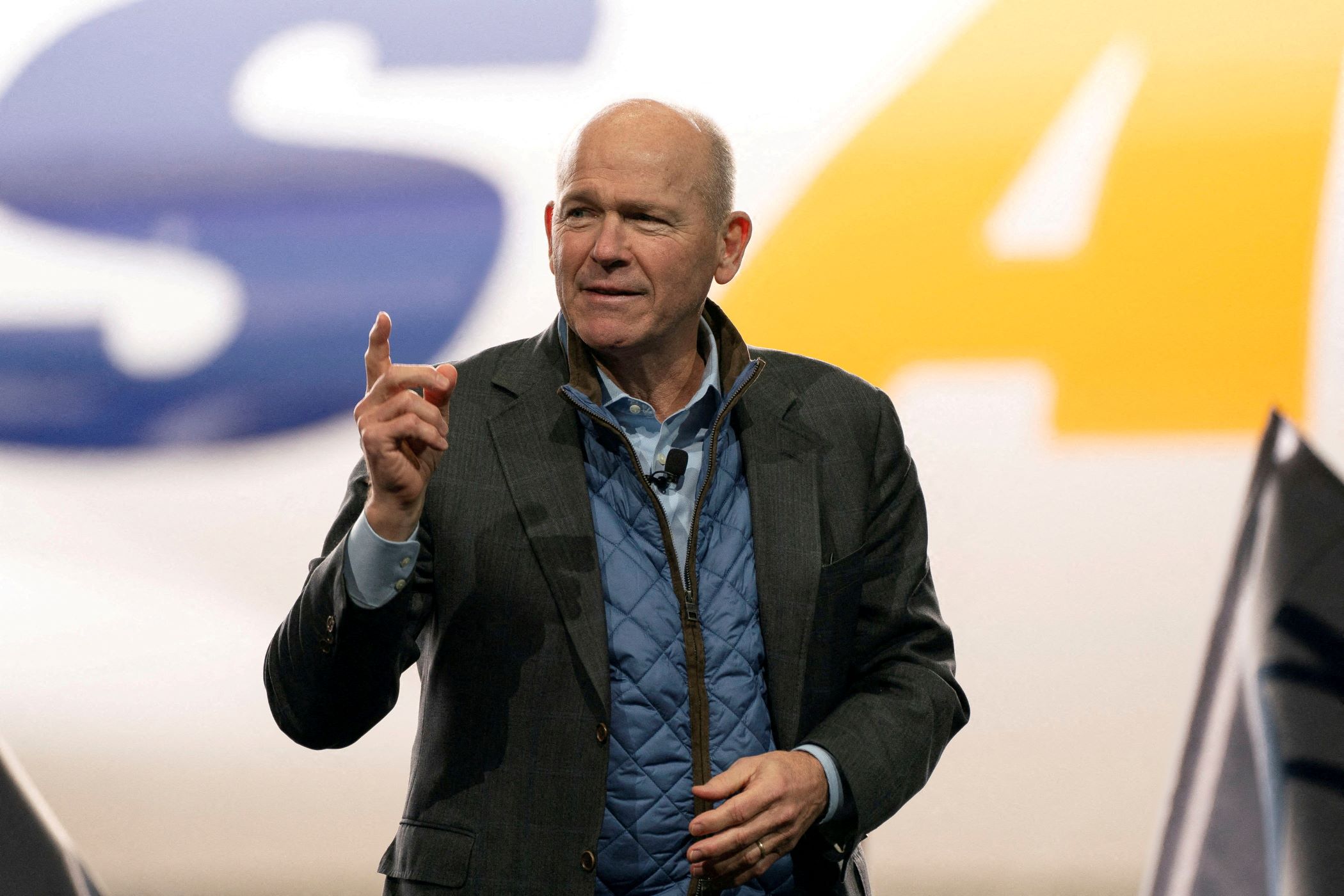Boeing CEO Dave Calhoun has announced his intention to step down from the company by the end of the year, signaling a significant leadership shakeup. Alongside Calhoun, Boeing’s chairman and the head of the commercial airplane unit are also departing.
Larry Kellner, Boeing’s chairman, will not seek re-election as a board director, with former Qualcomm CEO Steve Mollenkopf elected to succeed him. Additionally, Stan Deal, CEO of Boeing Commercial Airplanes, is retiring, and Stephanie Pope, Boeing’s chief operating officer since January, will assume his position immediately.
Boeing has faced a series of challenges over the past five years, including the tragic crashes of the 737 Max in 2018 and 2019, resulting in the loss of 346 lives, as well as recent safety incidents such as the door plug incident on an Alaska Airlines 737 Max in January.

In a letter to Boeing employees, Calhoun described the Alaska Airlines incident as a “watershed moment” for the company and emphasized the need to address existing challenges to ensure a path toward recovery and stability.
The departure also follows dissatisfaction from CEOs of major airlines, Boeing’s key customers, who have expressed concerns about the quality of Boeing’s planes and delayed deliveries.
The management changes have been welcomed by industry figures, with Ryanair CEO Michael O’Leary stating, “We welcome these much-needed management changes in Seattle.” United Airlines, another major Boeing customer, has also expressed disappointment over quality issues and delivery delays.
Despite the impending departure, Boeing continues to grapple with safety probes and ongoing investigations, including scrutiny from the Federal Aviation Administration and the Justice Department. The company’s handling of safety issues and quality control has been under scrutiny, further complicating its recovery efforts.

Calhoun’s departure comes amid broader challenges facing Boeing, including its profitability and engineering reputation.
Calhoun, who lacks an engineering background, took the helm of Boeing during a tumultuous period, marked by the grounding of the 737 Max and the onset of the COVID-19 pandemic. He emphasized the need for his successor to possess extensive experience in managing complex and long-term business cycles within the aerospace industry.
Following the announcement, Boeing’s stock saw a 4% increase in premarket trading, reflecting investor optimism surrounding the leadership transition.







Leave a Reply